I’ll Skip the iPhone 16 if It Doesn’t Come With These 5 Upgrades
About three years ago, I switched to the iPhone from a mid-range Android phone with 128GB of storage. I've been using the 128GB iPhone 13 for almost three years now, and let me tell you, the usable storage (which comes out to be around 120GB) is not enough, especially in 2024.
Initially, I was fine. But I started experimenting with the iPhone's camera, switching to 4K 60 fps video instead of the 1080p 60 fps I was using on my older phone. I also sampled some high-end games (which wasn't possible on the mid-range Samsung). Before I knew it, the storage started filling up faster and faster.
Even if you aren't playing games or using your iPhone to shoot tons of 4K video, more storage is still welcome for more users. The apps that everyone uses every day, such as YouTube, Instagram, WhatsApp, or even Netflix, can occupy gigabytes of data on your iPhone (depending on your usage).
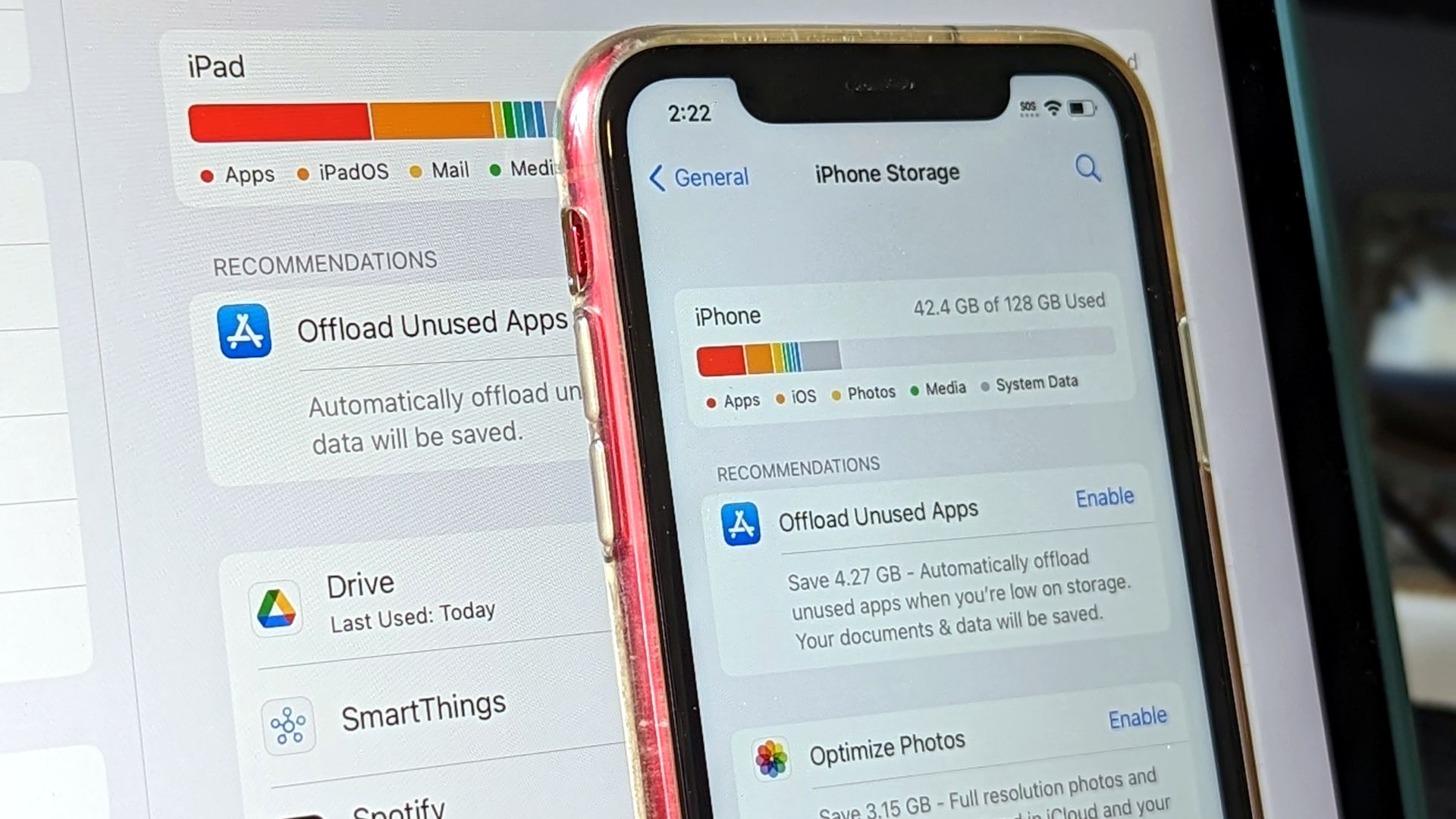
My iPhone has just 29 apps, of which the top five apps occupy about 70% of the total available storage. The available storage, at this point, is 4.11GB. This leaves very little room to accommodate other apps, much less iOS updates requiring at least seven to eight gigabytes of free storage.
That is precisely what I want the iPhone 16 (and the iPhone 16 Pro) to fix. Upgrading to 256GB of storage across the board will not only improve users' experience but will also act as a selling point for the 2024 iPhone models, which could start at $799 or more. The last time Apple upgraded the storage on a regular iPhone model was in 2021 when the iPhone 13 ditched the 64GB base storage in favor of 128GB.
Before that, it was the iPhone 8 that bid farewell to the 32GB base storage on the iPhone 7 and older models. Hence, I think it's high time the company left 128GB storage behind and moved with the times.
120Hz Display for All iPhone Models
The first time iPhone users got to experience a 120Hz display was in 2021, years after the technology debuted on Android phones. The iPhone 13 Pro and the iPhone 13 Pro Max, with their ProMotion Display, can dynamically adjust the screen's refresh rate from 10Hz to 120Hz, resulting in a screen that feels more fluid and responsive. But here we are in 2024, and the ProMotion display remains a luxury for the Pro iPhone models.
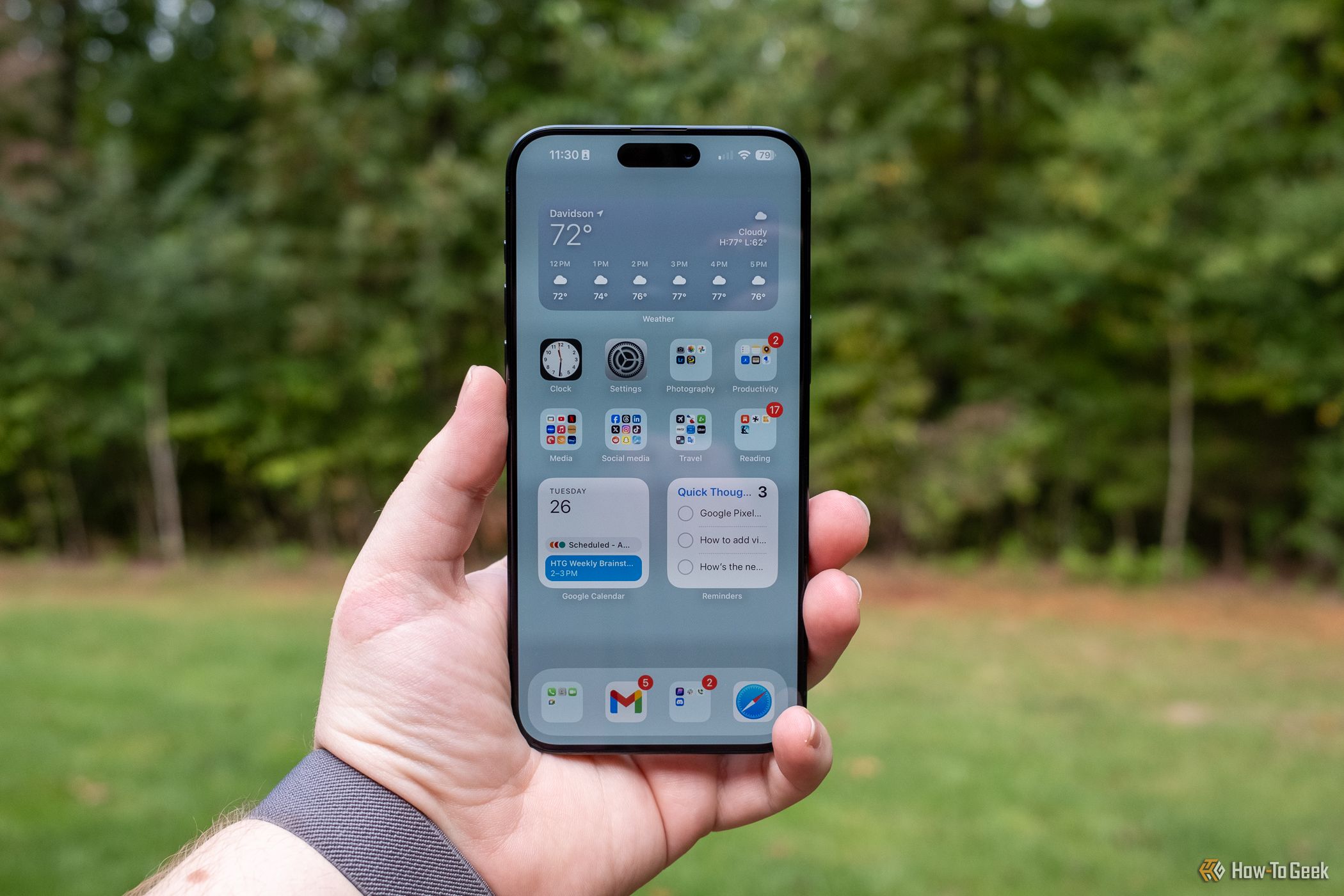
Before the iPhone 15 saw the light of the day, there were rumors that Apple was considering a 120Hz screen for the base model. Subsequent reports rebuffed those rumors, stating the basic iPhone 15 models would ship with a 60Hz screen and that's exactly what happened. Even though many people only notice the difference when using both displays side by side, Apple should still make the switch.
I understand that Apple wants to sail the ship of ignorance among customers for as long as possible, but a 60Hz screen on a $799 smartphone just doesn't feel right in 2024. It's not like the technology is cost-prohibitive. Samsung offers 120Hz displays in smartphones that cost half as much as a baseline iPhone and in flagship models such as the Galaxy S24.
A 120Hz display would provide users with the best smartphone experience in terms of fluidity, which is what Apple products are marketed towards.
An Improved Ultrawide Camera (With Higher Resolution)
With the iPhone 15, Apple upgraded the primary camera from 12MP to 48MP (which matches the resolution on the Pro iPhones), allowing users to shoot more detailed images. It also added a lossless 2x zoom option on the baseline iPhones. However, the ultrawide sensor missed out on an upgrade.
For the longest time, Apple has used the same 12MP ultrawide sensor on its iPhones (even the Pro models), and it simply doesn't match the quality of the 48MP primary sensor (or even the 12MP primary sensor on older models).
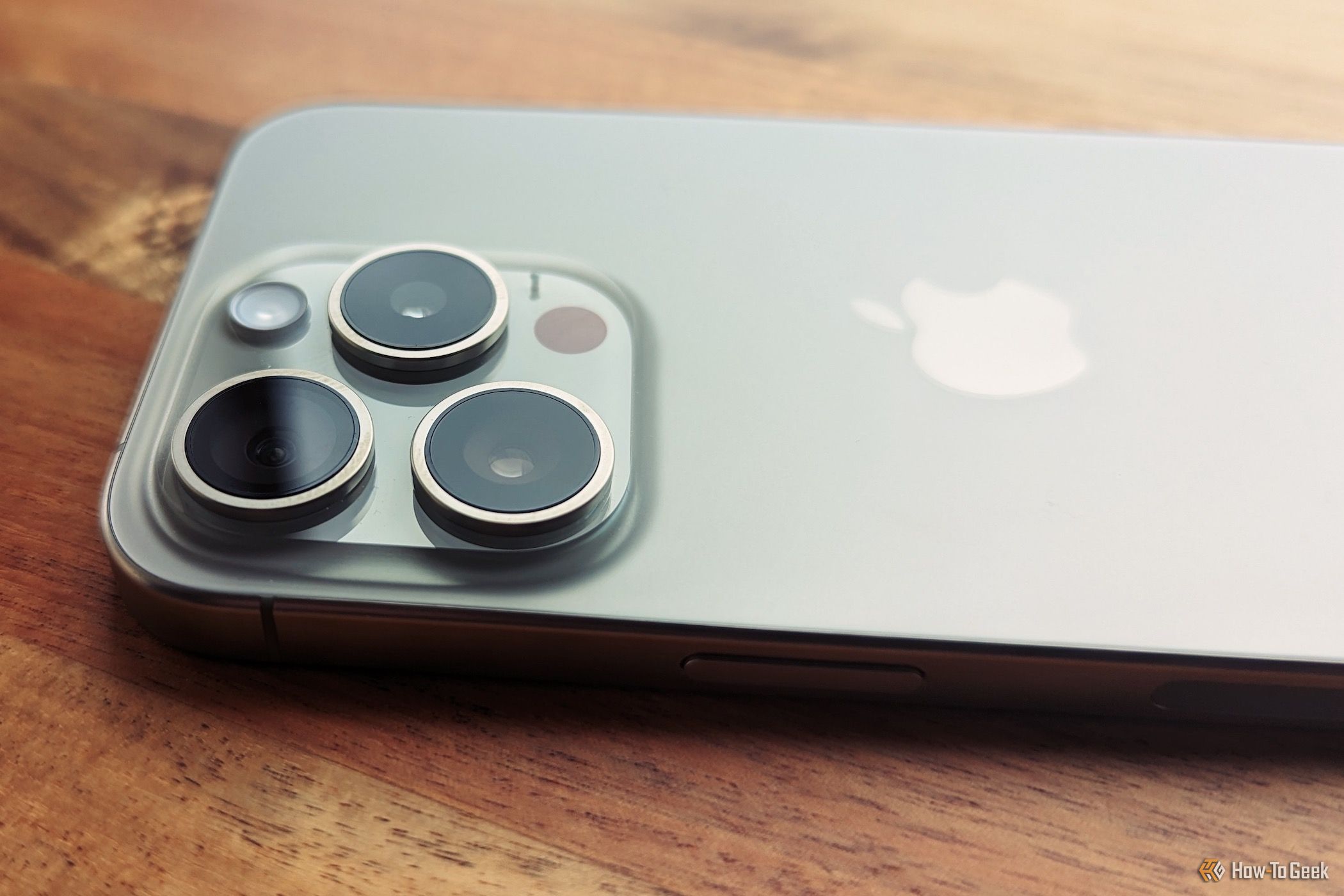
On bright sunny days, you might not notice the difference between the primary and the ultrawide sensors. But try shooting a picture or video indoors with poor lighting, and you'll see the difference. The ultrawide camera takes significantly softer images with a lot of noise. I appreciate how Apple has matched the color processing of the sensors, which other manufacturers struggle with and the wide 120-degree field of view helps capture some excellent landscape shots.
But even so, I prefer taking a few steps back and taking a picture using the main camera rather than switching to the ultrawide sensor, particularly after sunset or when I'm indoors. The issue exists across the lineup, as even the Pro iPhones ship with a meager 12MP ultrawide camera. There's a rumor that the iPhone 16 Pro models will get a 48MP ultrawide sensor, but I want to see Apple upgrade base models too.
Faster Charging (Wired and Wireless)
Another area where current iPhones fail to impress is charge speed. I understand that a slower charging speed is useful for maintaining battery health levels, waiting an hour and a half after plugging in the iPhone isn't exactly convenient.
Those who rely on a Qi-based wireless charger (more common than the new Qi2 standard) have to leave their phone for over two hours for a complete charge. Yes, a MagSafe charger reduces the wait, but it still isn't considered "fast" in 2024 compared to what other manufacturers offer.
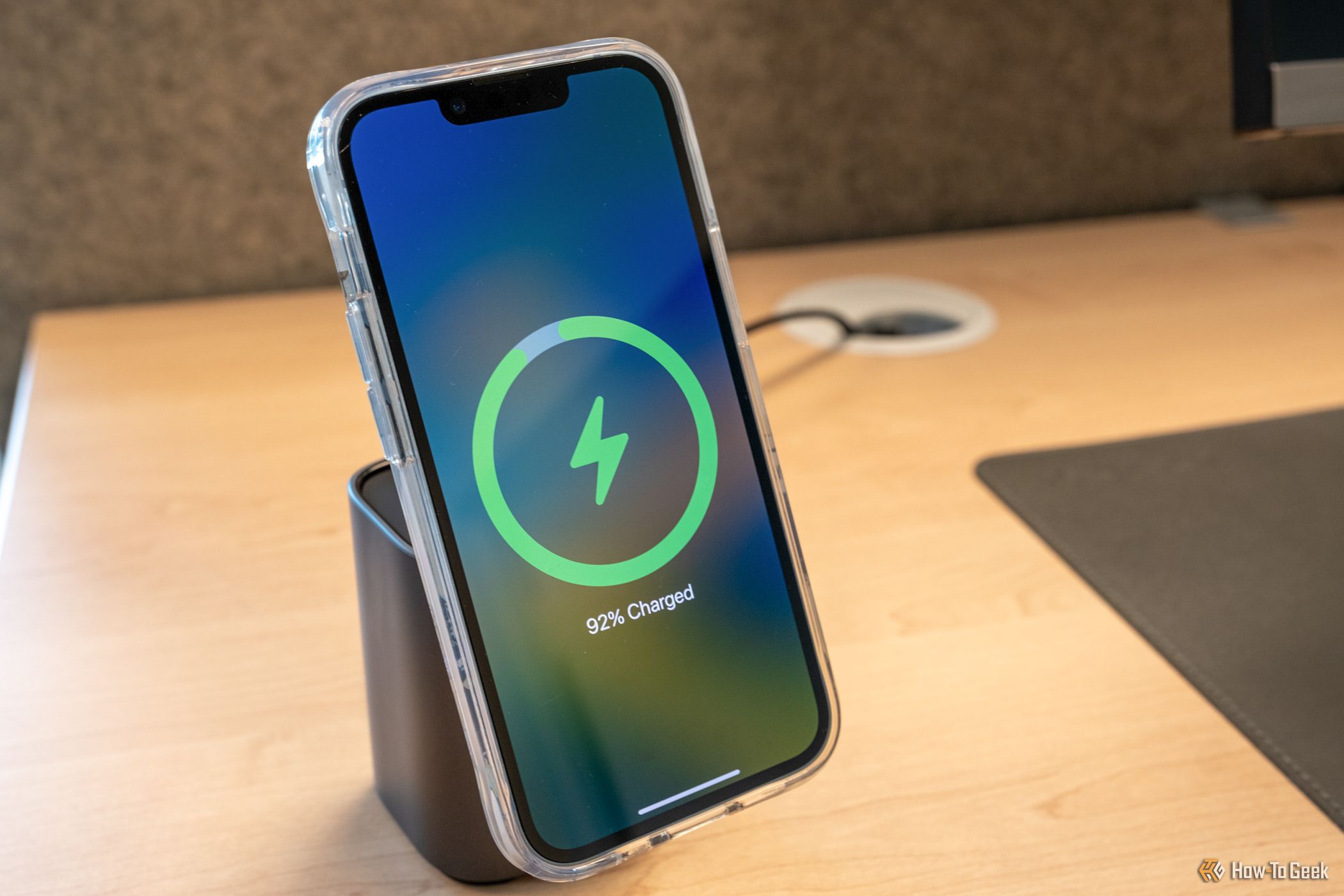
The iPhone 15 supports a maximum charging speed of 20W, while the iPhone 15 Pro Max tops at 27W, far from what the competition offers. I don't necessarily expect the company to match OnePlus' Supervooc charging, but I'd love to see Apple up the charging rate by 50%, striking a balance between a healthy lifespan and reasonably fast charging rates.
The good news, for now, is that Apple is rumored to include stacked battery technology for higher battery capacity and a longer lifespan. Unfortunately, the upgrade could be limited to the iPhone 16 Pro models, increasing the wired charging speed to 40W and wireless charging speed to 20W.
Does that mean the iPhone 16 and iPhone 16 Plus users would have to make peace with slower charging for another year? Time will tell.
GenAI Across the Board
Generative AI is going to play a massive role in the success of the iPhone 16. Apple has surely been behind in the race to include AI-based features on its phones, but the company plans to play catch up with the upcoming release. Most recently, the Cupertino-based tech giant released OpenELM, which includes multiple language models focusing on accuracy and efficiency.
The company could include these models for on-device processing with the help of the rumored A18 Bionic chip (with an improved Neural Engine) and increased RAM.
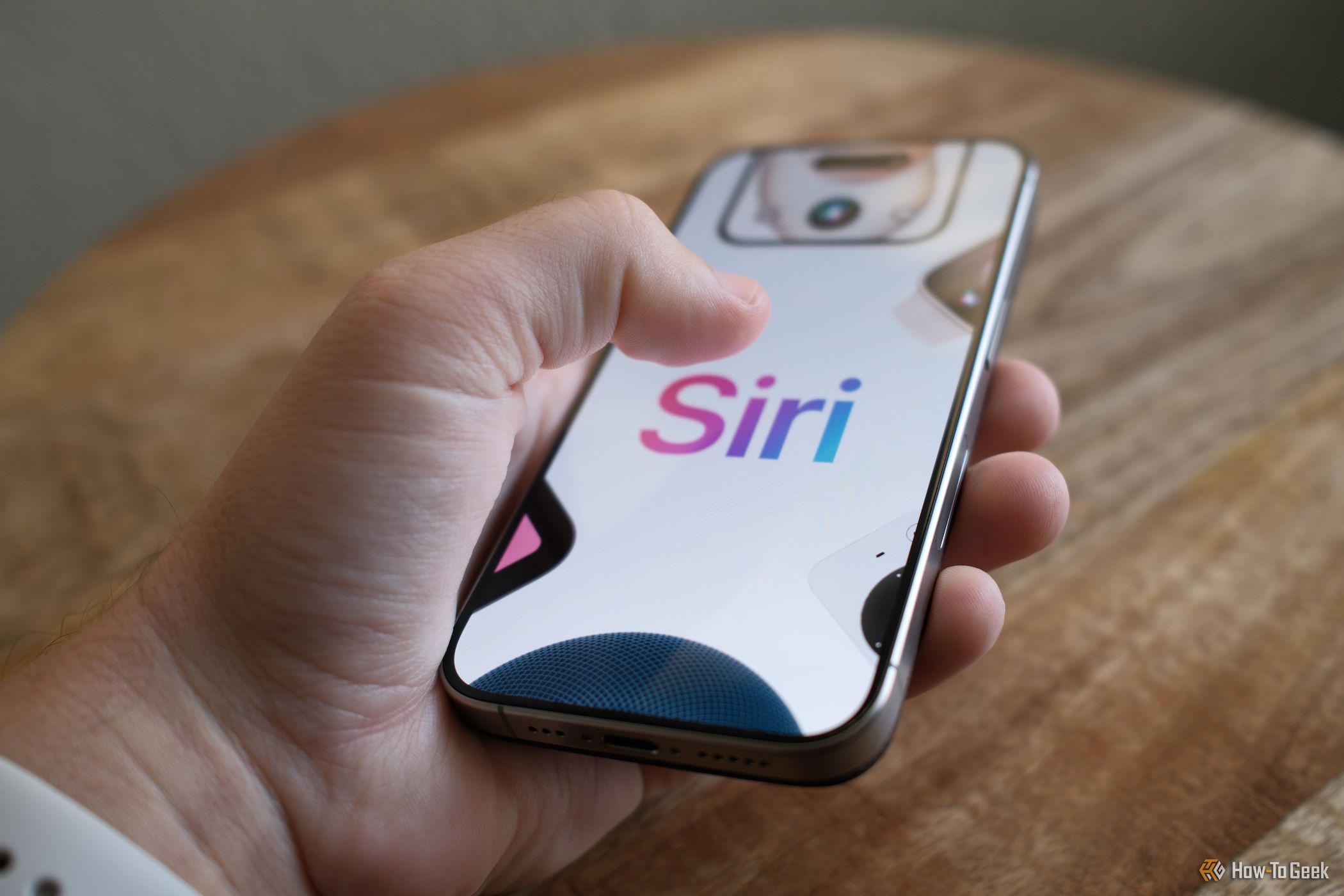
It doesn't matter how Apple provides these features as long as the iPhone 16 ships with plenty of them. As a prospective buyer willing to spend $799 on a new iPhone, I would like to know that the smartphone I'm purchasing allows me to do all the fancy tricks that the competition is capable of.
Speaking of rivals, Samsung Galaxy AI is doing pretty well, not only on the Galaxy S24 series but also on older models. Features like text summarization, text generation, and generative AI image edits are the new norm, and iPhone users deserve it, too. A conversation with Google could be had about using Circle to Search on the iPhone, but we can't say for sure.
Apple sure takes its sweet time in providing the latest and most trending features, but when it does, it ensures that users get a refined experience, and that is what I'm expecting the iPhone 16 to offer. It's not like the iPhone 16 won't sell without the features listed here, but I'm thinking of skipping this round of upgrades if the device falls short.
Wondering what the rumor mill is saying? Take a look at the latest iPhone 16 rumors.
-
 How to delete your data from a person search siteThis article was last updated on February 24, 2025. Many people are unaware that a significant amount of their personal data is readily accessible on...Software tutorial Posted on 2025-04-21
How to delete your data from a person search siteThis article was last updated on February 24, 2025. Many people are unaware that a significant amount of their personal data is readily accessible on...Software tutorial Posted on 2025-04-21 -
 How to disguise an iPad as a laptopThis updated article (originally published October 31, 2019) explores how to transform your iPad into a laptop alternative using iPadOS 16 beta featur...Software tutorial Posted on 2025-04-21
How to disguise an iPad as a laptopThis updated article (originally published October 31, 2019) explores how to transform your iPad into a laptop alternative using iPadOS 16 beta featur...Software tutorial Posted on 2025-04-21 -
 How to clean Mac mailbox cache? How to delete it on Mac?This guide explains how to clear the Mail cache on your Mac, addressing common issues like slow performance and email loading problems. The macOS Mai...Software tutorial Posted on 2025-04-21
How to clean Mac mailbox cache? How to delete it on Mac?This guide explains how to clear the Mail cache on your Mac, addressing common issues like slow performance and email loading problems. The macOS Mai...Software tutorial Posted on 2025-04-21 -
 How to prioritize the allocation of WiFi to the most needed devicesModern homes usually have multiple devices connected to Wi-Fi access networks simultaneously, which often leads to bandwidth tightness, especially w...Software tutorial Posted on 2025-04-19
How to prioritize the allocation of WiFi to the most needed devicesModern homes usually have multiple devices connected to Wi-Fi access networks simultaneously, which often leads to bandwidth tightness, especially w...Software tutorial Posted on 2025-04-19 -
 McAfee antivirus software review: Is it enough? 【Function, Price】McAfee: A Veteran Antivirus, But Is It the Best for Macs? McAfee, a long-standing and reputable name in cybersecurity, offers a robust antivirus suite...Software tutorial Posted on 2025-04-19
McAfee antivirus software review: Is it enough? 【Function, Price】McAfee: A Veteran Antivirus, But Is It the Best for Macs? McAfee, a long-standing and reputable name in cybersecurity, offers a robust antivirus suite...Software tutorial Posted on 2025-04-19 -
 OnePlus Watch 3 is postponed to April due to funny issuesAfter the long-awaited OnePlus Watch 3 smartwatch is released, the purchase plan may require a slight adjustment. A ridiculous production problem has...Software tutorial Posted on 2025-04-19
OnePlus Watch 3 is postponed to April due to funny issuesAfter the long-awaited OnePlus Watch 3 smartwatch is released, the purchase plan may require a slight adjustment. A ridiculous production problem has...Software tutorial Posted on 2025-04-19 -
 Tips to make the most of the tap function on the back of your iPhoneOver the years, Apple has developed a large number of tools to make using iPhones more convenient. Although the "Tap Back" feature is dull,...Software tutorial Posted on 2025-04-18
Tips to make the most of the tap function on the back of your iPhoneOver the years, Apple has developed a large number of tools to make using iPhones more convenient. Although the "Tap Back" feature is dull,...Software tutorial Posted on 2025-04-18 -
 Quickly get Windows 11 24H2 updates, skip the waiting queueIn the comprehensive guide, MiniTool will walk you through how to bypass Windows 11 24H2 waiting line using Group Policy and Registry. Take action if ...Software tutorial Posted on 2025-04-18
Quickly get Windows 11 24H2 updates, skip the waiting queueIn the comprehensive guide, MiniTool will walk you through how to bypass Windows 11 24H2 waiting line using Group Policy and Registry. Take action if ...Software tutorial Posted on 2025-04-18 -
 Tips for using mobile phone hotspots: How to avoid the surge in data trafficUsing your phone as a hotspot for your laptop on the go is convenient, but laptops are data hogs. Unlike phones, which prioritize Wi-Fi for tasks like...Software tutorial Posted on 2025-04-18
Tips for using mobile phone hotspots: How to avoid the surge in data trafficUsing your phone as a hotspot for your laptop on the go is convenient, but laptops are data hogs. Unlike phones, which prioritize Wi-Fi for tasks like...Software tutorial Posted on 2025-04-18 -
 Which one is better compared to iPhone and Android?Choosing between iOS and Android: A Detailed Comparison The mobile phone market is dominated by two major players: iOS and Android. Both boast millio...Software tutorial Posted on 2025-04-17
Which one is better compared to iPhone and Android?Choosing between iOS and Android: A Detailed Comparison The mobile phone market is dominated by two major players: iOS and Android. Both boast millio...Software tutorial Posted on 2025-04-17 -
 Safari slows down on Mac? The secret to speeding up safari!Safari browser runs slowly? A must-see guide to acceleration for Mac users! Safari is one of the fastest browsers on Mac, but it is also not complete...Software tutorial Posted on 2025-04-17
Safari slows down on Mac? The secret to speeding up safari!Safari browser runs slowly? A must-see guide to acceleration for Mac users! Safari is one of the fastest browsers on Mac, but it is also not complete...Software tutorial Posted on 2025-04-17 -
 I thought I would never need a wallet until this happenedYou’re in a nice restaurant with your beloved; perhaps both of you are enjoying a lovely steak. After a while, you raise your hand and ask the waiter ...Software tutorial Posted on 2025-04-17
I thought I would never need a wallet until this happenedYou’re in a nice restaurant with your beloved; perhaps both of you are enjoying a lovely steak. After a while, you raise your hand and ask the waiter ...Software tutorial Posted on 2025-04-17 -
 Comparison between McAfee and MacKeeper: Which one is better? How to choose antivirus software?Choosing the right cybersecurity solution for your Mac can be tricky. This comparison of McAfee and MacKeeper helps you decide between a well-establi...Software tutorial Posted on 2025-04-17
Comparison between McAfee and MacKeeper: Which one is better? How to choose antivirus software?Choosing the right cybersecurity solution for your Mac can be tricky. This comparison of McAfee and MacKeeper helps you decide between a well-establi...Software tutorial Posted on 2025-04-17 -
 7 security communication apps you should useChoosing a messaging app often boils down to what your contacts use, overlooking a crucial factor: security. We share incredibly sensitive informatio...Software tutorial Posted on 2025-04-17
7 security communication apps you should useChoosing a messaging app often boils down to what your contacts use, overlooking a crucial factor: security. We share incredibly sensitive informatio...Software tutorial Posted on 2025-04-17 -
 The ultimate guide to how to label any websiteBeyond Static: Annotating Web Pages with Ease The web shouldn't be a static experience. With the right tools, you can actively engage with websit...Software tutorial Posted on 2025-04-17
The ultimate guide to how to label any websiteBeyond Static: Annotating Web Pages with Ease The web shouldn't be a static experience. With the right tools, you can actively engage with websit...Software tutorial Posted on 2025-04-17
Study Chinese
- 1 How do you say "walk" in Chinese? 走路 Chinese pronunciation, 走路 Chinese learning
- 2 How do you say "take a plane" in Chinese? 坐飞机 Chinese pronunciation, 坐飞机 Chinese learning
- 3 How do you say "take a train" in Chinese? 坐火车 Chinese pronunciation, 坐火车 Chinese learning
- 4 How do you say "take a bus" in Chinese? 坐车 Chinese pronunciation, 坐车 Chinese learning
- 5 How to say drive in Chinese? 开车 Chinese pronunciation, 开车 Chinese learning
- 6 How do you say swimming in Chinese? 游泳 Chinese pronunciation, 游泳 Chinese learning
- 7 How do you say ride a bicycle in Chinese? 骑自行车 Chinese pronunciation, 骑自行车 Chinese learning
- 8 How do you say hello in Chinese? 你好Chinese pronunciation, 你好Chinese learning
- 9 How do you say thank you in Chinese? 谢谢Chinese pronunciation, 谢谢Chinese learning
- 10 How to say goodbye in Chinese? 再见Chinese pronunciation, 再见Chinese learning

























